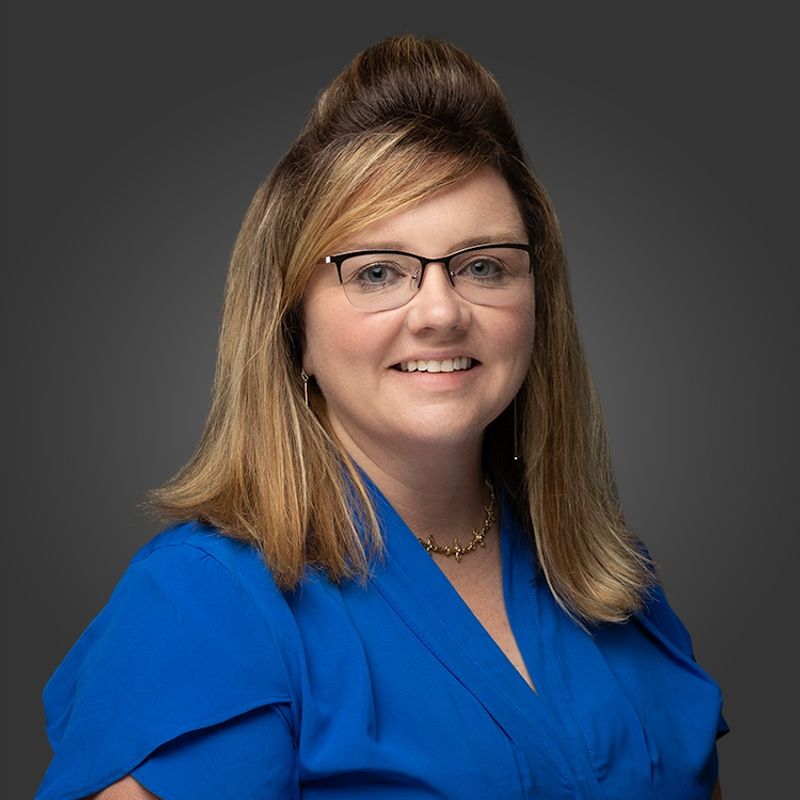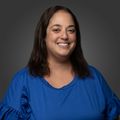I have been a Speech Language Pathologist for 15 years in and around Quincy Illinois. I started my career as a Speech Language Pathologist by working in a rural school for two years as well as within a rural nursing home. After leaving the school setting, I transitioned into working for an Outpatient Rehab company. While working for this company I worked in several different settings which consisted of (but not limited to) skilled nursing facility settings (in both Illinois and Missouri), a rural inpatient hospital setting, schools, outpatient therapy settings (in both Illinois and Missouri), daycare centers, in home daycare settings, and in home settings for Home Health Services and Early Intervention Services (in both Illinois and Missouri). I worked in this setting for a little over ten years before transitioning to Quincy Medical Group. Within the Quincy Medical Group setting I am currently on the Pediatric Therapy Global Assessment team with a Neuropsychologist and Occupational Therapist where I assess children on their speech and language skills as they relate to (but not limited to) Autism, ADHD, Anxiety, Dyslexia, etc. I also am part of the Pediatric Therapy team were I work with children with a variety of disorders (including but not limited to) Language Delays, Articulation/Phonological Disorders, Developmental Delays, Oral Motor Disorders, Voice disorders, Vocal Cord Dysfunction, Autism Spectrum Disorder, Hearing Impairments, Cerebral Palsy, Prematurity, Down Syndrome, Apraxia of Speech, Dysarthria, Fluency disorders, intellectual disabilities, other Medically Fragile Children (i.e. failure to thrive, heart concerns, etc) and children with trach placement, in order to improve their ability to understand and use language in order to communicate their wants, needs and ideas.

Tana Maggart, MS, CCC-SLP
Pediatric Assessment Center, Pediatric Speech Therapy, Pediatric Therapy
Practices In:
Quincy
Patients Seen:
Ages 1–16
Professional Certifications
Licensed Speech Language Pathologist, Certificate of Clinical Competence in Speech Language Pathology
Languages
English
Clinical Interests
I enjoy working with individuals of all ages, as well as with different disorders/disabilities and their families. Different interests consist of working with individuals with trach placement (working on valving, etc.), individuals with the diagnosis of Apraxia of Speech, Speech Sound disorder, and Language disorders. Other interest consists of individuals with issues and or concerns related to speech sound delays related to hearing loss and oral motor/planning, feeding and or swallowing, and sleep concerns as they relate to the Oro complex.
Personal Interests
I enjoy spending time with my family and friends and participating in many outdoor activities.
Memberships
American Speech Language Hearing Association
Illinois Speech Language Hearing Association
International Association of Orofacial Myology
Committee Member for Great River Autism Connection
School
John Wood Community College
Graduation Date:
2005
Degree:
AS
Western Illinois University
Graduation Date:
2007
Degree:
BS, Communication Sciences and Disorders with Minor in Psychology
Western Illinois University
Graduation Date:
2009
Degree:
MS, Communication Sciences and Disorders
Procedures
Language Comprehension Evaluation and Treatment, Speech Fluency Evaluations and Treatments, Speech Sound Production Evaluation and Treatment, Swallowing Dysfunction or Oral Function Evaluation and Treatment
Conditions
Aphasia, Apraxia of Speech, Articulation and Phonology Disorders, Autism-Related Concerns, Cerebral Palsy, Cerebral Vascular Accident, Developmental Delays, Down Syndrome, Dysarthria, Feeding/Swallowing, Fluency Disorders, Hoarseness & Voice Disorders, Intellectual Disabilities, Language Delays, Language-Based Literacy Disorders, Medically Fragile Children, Oral Motor Disorders, Pediatric Hearing Loss, Prematurity, Tracheostomies, Traumatic Brain Injuries










